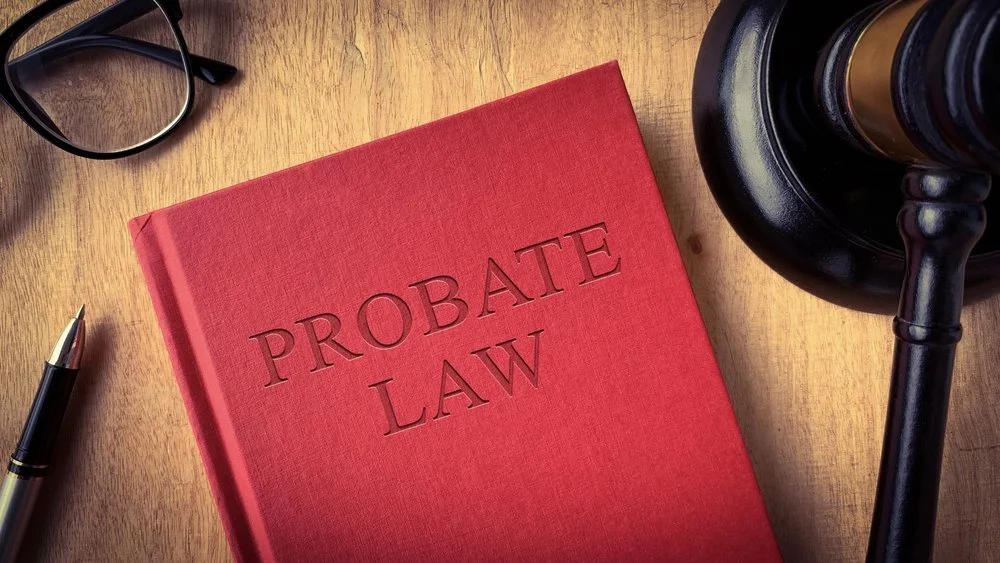Probate Threshold Rises – What It Means for Everyday Kiwis
On 24 September 2025, the threshold for when probate is required in New Zealand increased from $15,000 to $40,000.
This change means that if a person dies and their assets held total $40,000 or less, their loved ones may no longer need to apply to the High Court for probate or letters of administration. Instead, assets may be released with a statutory declaration and a death certificate.
This is a significant and long-overdue change, as the previous threshold of $15,000 was set back in 2009 and before that, it sat at just $10,000. In today’s financial environment, that amount has not reflected the reality of most people’s savings, KiwiSaver balances, or insurance cover.
Why this change is a good thing
Increasing the threshold helps reduce the legal and financial burden for families managing small estates. It means fewer people will need to go through time-consuming and expensive court processes when dealing with modest asset amounts.
It also provides greater flexibility in urgent situations, like when loved ones need to cover funeral costs or access funds to wrap up everyday expenses quickly.
But many estates may still exceed $40,000
While this is a helpful shift, it’s important to recognise how easily many New Zealanders’ estates can still exceed this new threshold.
Take KiwiSaver, for example. According to RNZ (March 2025), the average KiwiSaver balance is now $37,072, already nearing the new limit. Many people, especially those in mid to late career or with higher contributions, will be well over $40,000 in KiwiSaver alone.
Then there’s group life insurance, commonly provided through workplaces or superannuation schemes. These policies are often paid to the estate and the payout is frequently well above $40,000, pushing the estate over the threshold even when no other assets exist.
Why having a Will is still essential
It’s easy to think that if your estate falls below $40,000, you don’t need a Will, but that’s not the case.
Even without probate, institutions will still want to confirm who should receive the money. Without a Will, that process can be complicated, especially for blended families, estranged relatives, or when no immediate next of kin is obvious.
If your estate does exceed $40,000, a Will is critical. It’s what enables your loved ones to apply for probate and ensures your wishes are legally followed. Without a Will, the law decides how your estate is distributed as per the Administration Act 1969, not you.
The bottom line
The increased probate threshold is a practical and much-needed update that reflects modern asset values and reduces stress for families managing small estates.
But it doesn’t replace the need for a Will.
With KiwiSaver balances continuing to grow and insurance cover commonly exceeding $40,000, having a valid Will remains one of the simplest and most important steps you can take to make things easier for those you leave behind.
Footprint Wills gives everyday Kiwis an affordable, accessible way to protect their wishes and look after their families.

